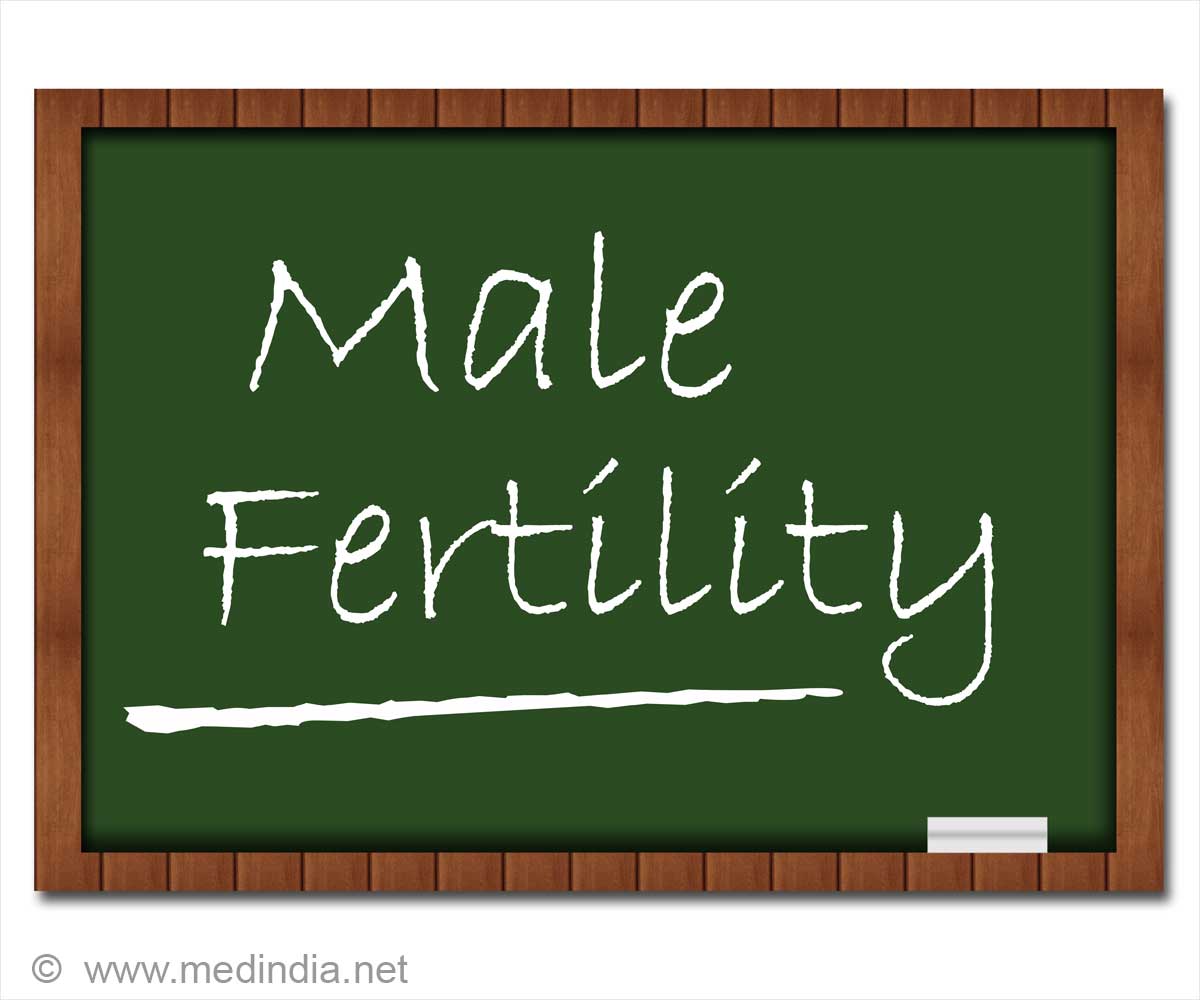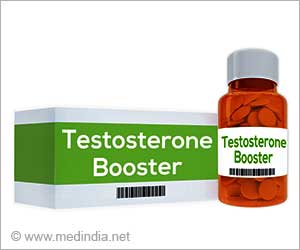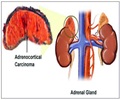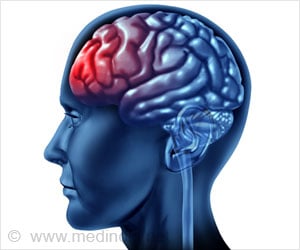The decline in testosterone levels among men, impacted by lifestyle and environmental factors, raises concerns for male fertility and overall health.

- Testosterone is essential for sperm development and male fertility, but recent generations show declining levels
- Environmental and lifestyle factors, such as obesity, stress, and exposure to toxins, contribute significantly to low testosterone levels
- Low testosterone affects male reproductive tissues, and excessive replacement therapy can further impact natural sperm production
Impact of obesity on male fertility, sperm function and molecular composition
Go to source), (2✔ ✔Trusted Source
Impact of environmental toxin exposure on male fertility potential
Go to source).
Excess abdominal fat can convert testosterone into estrogen, impacting fertility- yet another reason to stay active! #menshealth #fertility #medindia’
Link Between Testosterone and Sperm Count
Dr. Parul Prakash, Head of Reproductive Medicine (Unit I) at Artemis Hospitals, stated, "The relationship between testosterone and sperm count is complex." Sperm production requires testosterone, although it is not the only component involved. Other factors influencing sperm count include testicular health, sperm quality, and a man’s overall health. There is some evidence that low testosterone levels may be linked to poor sperm count. However, further research is required to prove this association.She claimed, "It is also important to note that not all men with low testosterone levels have low sperm count, and not all men with low sperm count have low testosterone levels." If you are concerned about your testosterone levels or sperm count, you should see a doctor. Your doctor can request tests to determine your testosterone level and sperm count. They can also assist you in identifying any underlying causes of low testosterone or poor sperm count.
Rising Concerns About Early Decline in Male Fertility
Bringing his knowledge to the table, Dr. Mahesh Koregol, Fertility Specialist at Nova IVF Fertility in Bengaluru’s Koramangala, stated, "There has been growing concern over diminishing testosterone levels in males. Male sexual development, muscular mass, bone density, and overall well-being are all controlled by testosterone, which has been shown to diminish faster than expected in males. Researchers and fertility specialists are all concerned about this surge, which has raised questions about potential causes and repercussions, particularly in terms of sperm count and male fertility."What Causes a Decline in Testosterone Levels Among Men?
There are numerous reasons why men’s testosterone levels are dropping. Dr. Mahesh Koregol stated, "Given that testosterone levels typically decline with age, age is a natural factor." However, studies show that testosterone levels are now lower in even younger men than in previous generations of the same age. This decline is most likely caused by a variety of lifestyle and environmental factors (3✔ ✔Trusted SourceAging and Declining Testosterone: Past, Present, and Hopes for the Future
Go to source).
He went on to say that "environmental and lifestyle factors are the primary causes of this decrease." Obesity can cause hormonal abnormalities, particularly excess abdominal fat, which converts testosterone into estrogen. Sedentary lifestyles and bad diets exacerbate the situation, as poor eating and exercise habits have been linked to lower testosterone levels. Exposure to endocrine-disrupting chemicals (EDCs) found in plastics and pesticides, as well as chronic stress, which boosts cortisol and contributes to testosterone deficiency, drastically low testosterone levels."
How Does Low Testosterone Levels Affect Men?
Dr. Mahesh Koregol stated, "Low testosterone levels can have a negative impact on sperm count and quality because this hormone is required for sperm development." The hormone testosterone, which is also produced by the testes, is required for the development and function of male reproductive tissues, including the seminiferous tubules that house the sperm organs. Low testosterone levels can result in azoospermia, a condition in which there are no sperm in the semen, as well as oligospermia, a reduction in sperm production."He continued, "Moreover, insufficient testosterone may impair sexual function and motivation, making conception more challenging. While testosterone replacement therapy (TRT) is commonly used to address low testosterone levels, it is important to approach this treatment with caution because excessive TRT might decrease the body’s natural sperm production, potentially exacerbating reproductive concerns."
Dr. Mahesh Koregol observed, "The fall in testosterone levels in men is a complex topic with major implications for male fertility. Being aware of environmental toxins is critical for maintaining healthy testosterone levels, though lifestyle factors such as nutrition, exercise, and stress reduction also play a role. Because sperm production and testosterone levels are inextricably linked, preserving male reproductive health necessitates treating the underlying reasons for testosterone decline. Men with low testosterone symptoms should speak with a reproductive professional to identify the best course of action. Disclaimer: This article is intended to provide information only and should not be used as a substitute for professional medical advice. Always consult your doctor if you have any queries concerning a medical issue.
References:
- Impact of obesity on male fertility, sperm function and molecular composition - (https://pmc.ncbi.nlm.nih.gov/articles/PMC3521747/)
- Impact of environmental toxin exposure on male fertility potential - (https://pmc.ncbi.nlm.nih.gov/articles/PMC7807371/)
- Aging and declining testosterone: past, present, and hopes for the future - (https://pmc.ncbi.nlm.nih.gov/articles/PMC4077344/)
Source-Medindia














